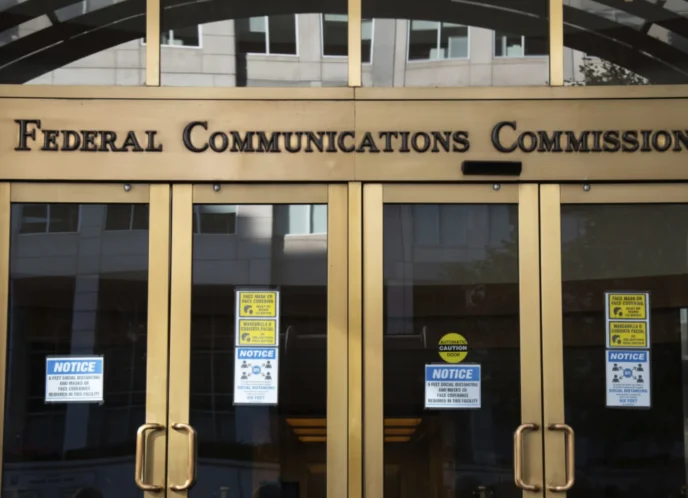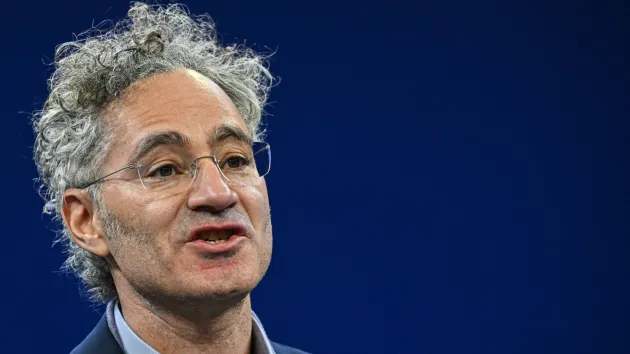“Who gets the risks? The risks are given to the consumer, the unsuspecting consumer and the poor work force. And who gets the benefits? The benefits are only for the corporations, for the money makers.”
-Cesar Chavez
It’s been a long time since I walked into an all brown space to talk about net neutrality—a long time. Given the fact that I work at the Center for Media Justice–with a nearly all ‘POC’ staff, and a deep commitment to racial justice—this statement speaks much more to the racial makeup of the media policy world, than it does to my own politics or CMJ’s movement building strategy. Nevertheless, its true—more often than not, I’m in policy discussions that are overwhelmingly white.
Given this, it was both powerful and refreshing to be in a completely different environment this weekend at the National Latino Congreso in Austin, Texas. Members of Latinos for Internet Freedom (including Center for Media Justice, Free Press, Presente.Org and Colectivo Flatlander) were present to host a panel on the Fight for Internet Freedom and participate in the Congreso’s policy agenda setting process, which includes bringing together as many delegates as possible to vote on Latino policy priorities for the coming year through a resolution process. By our count, over 300 people (nearly 100% Latino) were present.
Our panel was up against some stiff competition–real bread and butter justice issues for Latinos– like ICE raids, the mortgage crisis and Obama’s Latin American foreign policy. Yet, over 20 people came to our session for a long and lively 2-hour conversation on Internet Freedom. With the exception of a Power Point presentation by LULAC, the panel was, in truth, much more of an entre nos conversation, with Latinos speaking honestly and directly to other Latinos. Words like ‘transparency,’ ‘profiteering’ ‘values’ and ‘corporate power’ were used as people from across the country voiced their concerns with the AT&T and T-Mobile Merger, the lack of protections for wireless devices and the disconnect they felt with several national Civil Rights organizations (and the level of corporate support they receive)
Click to watch our Latino Congreso Slideshow
It didn’t take long to realize we were in a room full of community scholars. Sure some of the lingo like “throttle, bytes, torrent and paid prioritization” was new (as it should be, since no normal person should talk like that). However, when it came to corporate profit making—at our community’s expense—we were in a room of experts! Monsanto, Coca-Cola, Wal-Mart and Cargill were just some of the names invoked. Strip mining, genetic modification, hydroelectricity and free trade were the examples that were shared. Throughout the Americas, the story was the same—example-after-example of how corporations chose their bottom line over our survival. People get that it’s the same fight, the Internet is just the latest incarnation.
Something physiological happens when you move these policy conversations out of the beltway and into ‘community-spaces.’ A power-shift takes place as the ‘real experts’ in the room are revealed, and a discussion vs. presentation takes place. Personal experience—rather than telecommunications wonkery—allows the stories of community struggle to emerge and connect to larger societal problems. Soon, you have a room full of participants who are empowered to effect change on the problems that affect them.
This is what I experienced at the National Latino Congreso. People left our panel with new information on Internet Freedom to add to pre-exisiting wisdom on legacy fights with predatory corporations. New challenges, old enemies–we had all been down this road before. Joaquin Guerra (paraphrasing Cesar Chavez) put it best, “The fight is never about grapes or lettuce. It is always about people.”
People know this! They know it’s not about protecting the Internet, its about their lives.
This is the work of movement building vs. ‘conferencing.’ It’s about creating the space for people to declare what we want our world to look like and collectively planning the path to get there. And, its about understanding that our role is to provide spaces:
- where we can learn from each others experiences and struggles,
- share analysis of the problems our communities face,
- build relationships,
- and strategize collectively on how to reclaim the world we want
It means a different prioritization of knowledge and leadership–placing the highest priority on groups that are actually doing grassroots organizing, who are training organizers, building long-term structures of resistance, and who can work well with others. It means investing in groups who understand their participation in the process is to build the whole, not just their part. It means centering your work on groups willing to speak truth to power—instead of playing an ‘insiders game.’
“The most beautiful thing
for those who have fought a whole life
is to come to the end and say;
we believed in people and life,
and life and the people
never let us down.”
-Otto Rene Castillo
And the people didn’t let us down, our weekend at the Congreso ended with the unanimous adoption of our Internet Freedom for Wireless Users resolution. Drafted by members of Latinos for Internet Freedom it was endorsed with cheers from many of our new allies. Would we have gotten there on our own? Maybe. But it feels a lot better to know that it was a a shared victory–one that started with a discussion that was community-based, and ended with policy advocacy that was truly people-centered.



